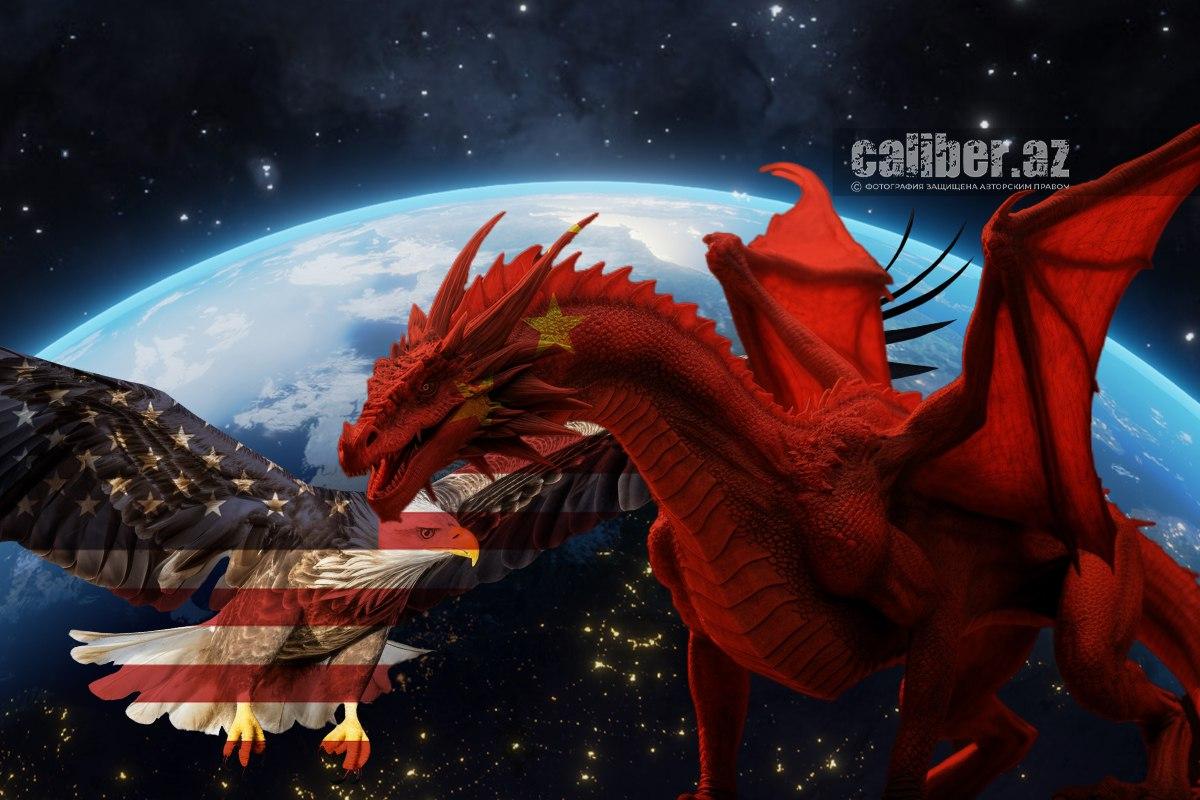Playing with fire: US and China face a difficult choice Trade on the edge
Amid a renewed escalation of trade tensions between the U.S. and China, it appears that Donald Trump and Xi Jinping may still meet in person at the upcoming APEC summit in South Korea. U.S. Treasury Secretary Scott Bessent confirmed the potential meeting, noting that tensions have “significantly eased.”
The leaders had originally planned to hold talks during the APEC summit, scheduled for October 31 to November 1. However, following Beijing’s decision to impose export controls on rare-earth-related technologies, the White House described the move as “very hostile” and initially suggested that there was “no basis” for a meeting with Xi.
Subsequently, Trump announced an additional 100% tariff on Chinese goods, on top of existing duties, potentially pushing total U.S. tariffs to 130%. In parallel, starting November 1, the United States plans to implement export controls on all critically important software, further intensifying the economic standoff.
While the U.S. viewed China’s export tariffs on rare earths as a hostile move, Beijing explained them as a necessary measure to protect its own interests. Chinese officials insist that this is not about coercion, but a symmetrical response to U.S. sanctions and restrictions that limit Chinese companies’ access to advanced technologies.
Rare earth metals—which are essential for smartphones, satellites, and military equipment—have become a symbol of the new technological race.
The situation is made even more dramatic by the fact that the new export rules announced by Beijing specifically target foreign defence manufacturers, making them particularly serious, says Gracelin Baskaran, Director of the Critical Minerals Security Program at the Center for Strategic and International Studies in Washington, in an interview with the BBC. "Nothing makes America move like targeting our defence industry," she said. "The US is going to have to negotiate because we have limited options, and in an era of rising geopolitical tension and potential conflict, we need to build our industrial defence base."

However, rare earths are not the only source of tension. The trade twists and turns between China and the U.S. have such a long history and involve so many dimensions that they periodically erupt into crises like the current one—or, more accurately, form a single, ongoing crisis. Its roots lie in China’s rising power. Since joining the World Trade Organization in 2001, China has leveraged all the benefits of free trade to promote its goods in the American market and to exploit advanced American—and, more broadly, Western—technologies in its own industry.
As a result, China not only runs a massive trade surplus with the U.S. and competes on equal footing in technological fields, but it also has every chance of soon overtaking America in advanced weaponry. And this is despite the fact that, even after implementing extensive market reforms, China has formally never abandoned its socialist path, remaining an ideological rival to the United States. All these factors are clearly not what the U.S. anticipated when it invited China to cooperate as a counterbalance to the USSR in the late 1970s.
Throughout his first presidential term, Trump repeatedly tried—with varying degrees of success—to slow down the locomotive connecting the two giant economies, despite several personal meetings with Xi Jinping. American elite concerns about the so-called Chinese threat were so significant that even the administration of liberal globalist Joe Biden extensively employed tariffs and sanctions against Beijing.
Now, in 2025, with Donald Trump’s return to the Oval Office, a new round of the trade war has begun—its twists and turns unfolding almost daily. The scale of contradictions between the U.S. and China is now so vast that the leaders of the two superpowers will need not only immense political will but also exceptional skill at the upcoming meeting in Korea to prevent the trade conflict from escalating into a full-blown political crisis.








